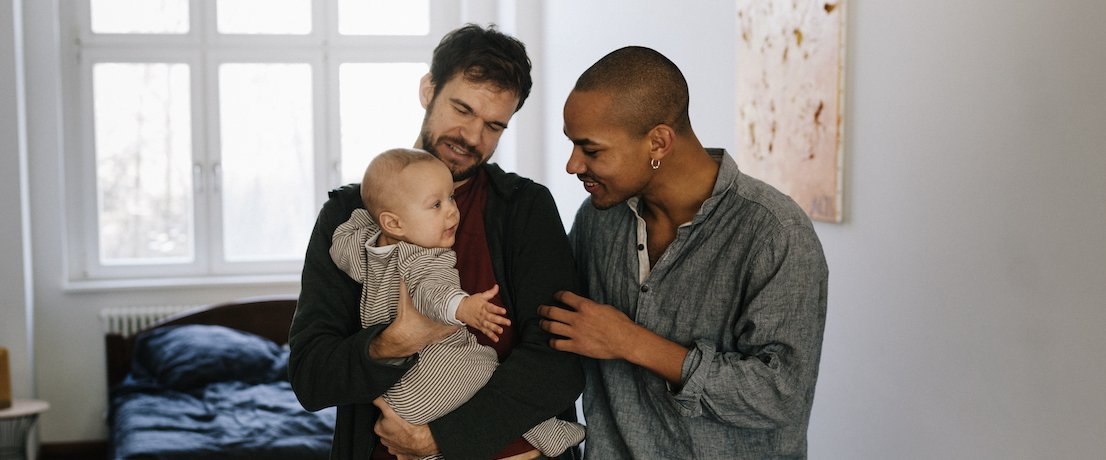About half of American adult citizens know someone who is adopted, but American opinion about adoption is linked more with other personal characteristics than with any personal connection to the experience of being adopted.
Republicans are 7 percentage points more likely than Democrats to know someone who is adopted, and 10 points more Iikely to know someone who has adopted a child, according to the latest Economist/YouGov Poll. White Americans, people who live in the suburbs or in rural areas, and people with family incomes of at least $50,000 a year are more likely than Black and Hispanic Americans, people in urban areas, and people with lower incomes to know adoptees.
Majorities of Americans believe race, religion, and country of origin of the child should not be factors in adoption.
Not being married also is not disqualifying for adoption for most Americans: only 16% say single men should not have the legal right to adopt; 11% say the same about single women. More, 26%, say gay and lesbian couples should not have the legal right to adopt children.
There is at least one recent case where Americans have preferred within-race adoptions. A July Economist/YouGov Poll found that Americans approved — by 58% to 8% — of the Supreme Court decision in Harland v. Brackeen, giving Native Americans priority in the adoption of Native American children.
Republicans are more likely than Democrats to express concern about similarities between adopters and adoptees when it comes to religion: 21% of Republicans but only 12% of Democrats favor keeping adoptions within religious groups. About one in four (23%) of Americans who say religion is very important to them also think adoptions should remain within religious groups.
The role of religion also matters when Americans are asked whether gay and lesbian couples should be legally permitted to adopt. Two in five (38%) of those who say religion is very important to them would give same-sex couples the legal right to adopt; 70% of Americans who don’t describe religion as very important in their life would give same-sex couples that legal right. The personal importance of religion is associated with much smaller differences on questions about whether or not single women and single men should have the legal right to adopt.
There also are large differences between Republicans and Democrats on the legal right of same-sex couples to adopt. Women also are more supportive than men of this.
See the toplines and crosstabs from the Economist/YouGov poll conducted on July 29 - August 1, 2023 among 1,500 U.S. adult citizens.
Methodology: Respondents were selected from YouGov’s opt-in panel using sample matching. A random sample (stratified by gender, age, race, education, geographic region, and voter registration) was selected from the 2019 American Community Survey. The sample was weighted according to gender, age, race, education, 2020 election turnout and presidential vote, baseline party identification, and current voter registration status. Demographic weighting targets come from the 2019 American Community Survey. Baseline party identification is the respondent’s most recent answer given prior to November 1, 2022, and is weighted to the estimated distribution at that time (33% Democratic, 31% Republican). The margin of error for the overall sample is approximately 3%.
Image: Getty (Willie B. Thomas)








